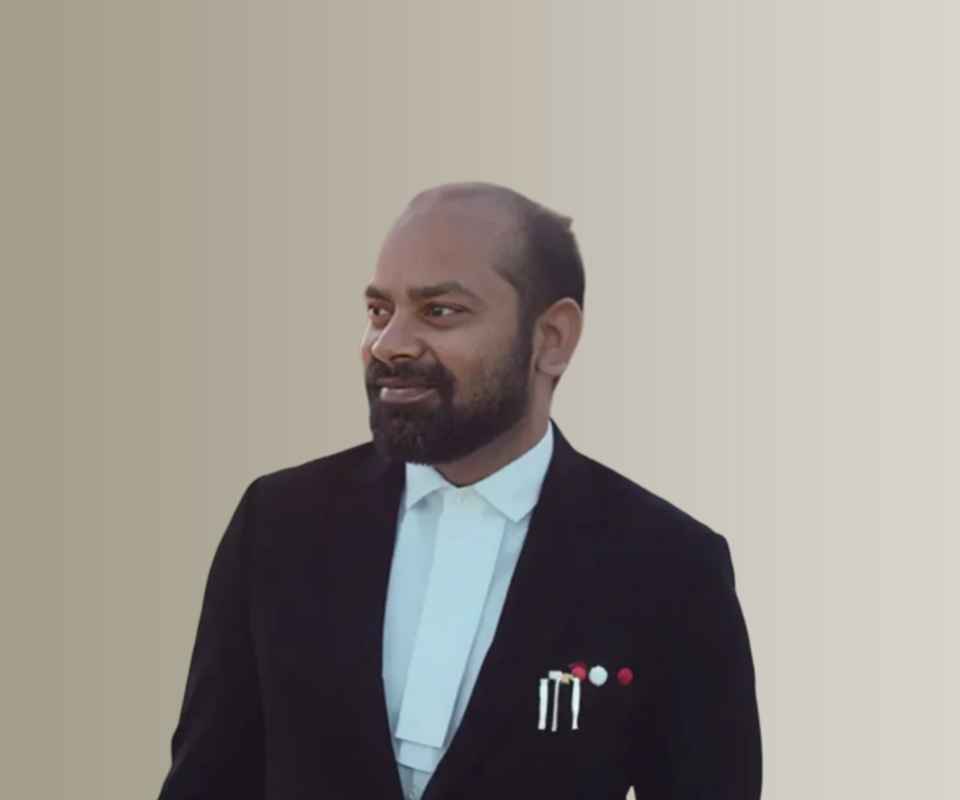Answer By law4u team
Yes, individuals in India can marry without parental consent through court marriages. Court marriage is a legal procedure conducted and registered by a marriage registrar in the presence of witnesses, without the need for parental consent. Here's how court marriages work in India: 1. Legal Formality: Secular Ceremony: Court marriages are secular ceremonies conducted under the Special Marriage Act, 1954. They are devoid of religious rituals and ceremonies. Uniform Process: Court marriages offer a uniform legal framework for couples of different backgrounds, religions, castes, or creed to marry without any discrimination. 2. Procedure: Step 1: Notice of Intended Marriage Notice to Marriage Registrar: The couple intending to marry must give a written notice of their intention to the marriage registrar of the district in which at least one of the parties has resided for at least 30 days prior to the date of the notice. Publication of Notice: The notice is published by the marriage registrar inviting objections to the marriage. If no objections are received within 30 days, the marriage can proceed. Step 2: Declaration and Oath Declaration by Parties: The couple and three witnesses must appear before the marriage registrar and declare that they are of marriageable age, not related to each other within the prohibited degrees of relationship, and have no valid objection to the marriage. Oath and Marriage Certificate: The parties then sign a declaration in the presence of the registrar and witnesses, and the marriage is solemnized. A marriage certificate is issued by the registrar, which legally recognizes the marriage. 3. Consent Requirements: Voluntary Consent: Court marriages do not require parental consent. The parties must provide their voluntary consent to the marriage before the marriage registrar and witnesses. Adults of Marriageable Age: Both parties must be adults of marriageable age (18 years for females and 21 years for males) and capable of giving valid consent to the marriage. 4. Legal Recognition: Legally Valid Marriage: Court marriages are legally recognized across India and provide the same rights and obligations as marriages solemnized through religious ceremonies. 5. Documentation: Required Documents: The parties need to submit certain documents, including proof of age, address, identity, and photographs, as specified by the marriage registrar. Conclusion: Individuals in India can marry without parental consent through court marriages conducted under the Special Marriage Act, 1954. Court marriages offer a secular and uniform legal framework for couples to marry without any discrimination based on religion, caste, or creed. The procedure involves giving notice to the marriage registrar, making declarations before the registrar and witnesses, and obtaining a marriage certificate. Consent of the parties is voluntary and does not require parental approval.








